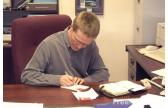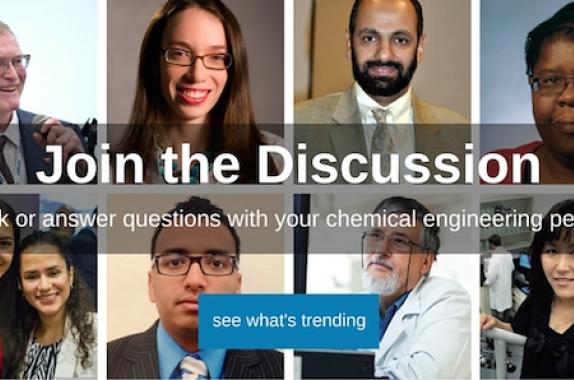
For years, STEM careers — especially in chemical engineering — were seen as a safe bet, even in tough times. But 2025 has been a much different story: layoffs, funding freezes, and a sharp pullback in R&D investments are leaving intelligent, hard-working professionals in limbo.
We are seeing real consequences across the scientific landscape. National labs are scaling back new research programs. Federally funded institutions are putting projects on hold. Many universities have frozen or severely limited faculty hiring in response to the mounting uncertainty around federal research budgets and the looming possibility of cuts to the overhead funding that keeps labs and research facilities running. In some cases, researchers, especially those on soft money, are already losing their positions as grant renewals stall or disappear altogether. Even the private sector is seeing a ripple effect, with industries like biotech, pharma, semiconductors, and renewable energy stalling projects or cutting staff. Many of these sectors depend on stable science and technology investments and long-term policy planning. Even the “safe” sectors are not so safe anymore.
So what now? If you are feeling untethered or disoriented, you are not imagining things. In times like these, being prepared is a form of resilience. Whether you are actively job hunting or just quietly keeping an eye on the landscape, we are going to cover four ways you can regain a sense of control in this uncertain time.
Keep your job search materials fresh with your latest accomplishments
Even if you feel secure right now, it is worth taking the time to review your résumé, LinkedIn profile, and other job search materials. Start by documenting your recent contributions, such as technical wins, leadership moments, key projects, outcomes, and problem-solving highlights. It is easy to forget the details when you are in desperate job-seeker mode. Investing the time now will make things less stressful later. Consider refreshing your résumé and LinkedIn profile with your most recent projects, skills, and training to reflect your desired career direction. If you are open to multiple career paths, consider having more than one résumé, each tailored to a different direction. A current, keyword-optimized LinkedIn profile goes a long way toward staying visible and getting discovered for opportunities you may not be actively pursuing.
Think beyond U.S. borders
More scientists and engineers are considering careers abroad, not just for jobs but for long-term stability. Countries like Canada, Germany, and the Netherlands are actively recruiting STEM professionals and investing more heavily in research infrastructure. That said, relocating abroad is complicated. If you are considering this route, you need to get familiar with country-specific curriculum vitae (CV) formats and spelling conventions (e.g., British vs. U.S. English). If you work for a global company, see if an internal transfer is possible to help ease the visa and relocation processes. Check language requirements and visa pathways. Follow international job boards and professional societies. Most importantly, build connections with expats in your field who made the leap. They can offer insights that no internet search will give you.
Always be networking, even when you are not job searching
Networking is not just for when you are in crisis mode. It is one of the most effective forms of career insurance. People are far more likely and willing to support you if you have kept in touch before you come to them urgently asking for help. You do not need a huge online presence or to attend every industry meetup to build meaningful connections. Start by reaching out to people you already know: former colleagues, mentors, academic advisors, or even friends, family, and classmates in adjacent fields. Tell them what you are working on and what direction you are considering. You can also find thriving communities on platforms like Slack, Discord, and LinkedIn groups tied to your field. These spaces offer opportunities to ask questions, share ideas, and initiate low-stakes conversations to stay informed, visible, and connected. Remember, networking is about relationships, which take time and mutual investment. The earlier you start, the easier it is to lean on those connections when you need them.
Being resilient does not mean pretending that everything is fine
It is undeniable that the current economic climate presents significant headwinds for professionals in STEM fields, marked by considerable uncertainty and disruption in funding and hiring. A lot of intelligent, hard-working people are struggling right now, from losing their jobs, having funding pulled, or watching research programs dissolve. If you are feeling scared or disillusioned, you are not alone. This column is not about telling you to “stay positive” but about finding ways to keep going even when things are hard. If you are still employed, use this time to prepare quietly and strategically. If you are job searching, build a routine that supports your progress and your mental health. If you are in limbo, try to find one or two small actions a week that keep you going. Your training, expertise, and values still matter, even when the system makes it hard to believe that.
This article originally appeared in the Career Connection column in the June 2025 issue of CEP. Members have access online to complete issues, including a vast, searchable archive of back-issues found at www.aiche.org/cep.








